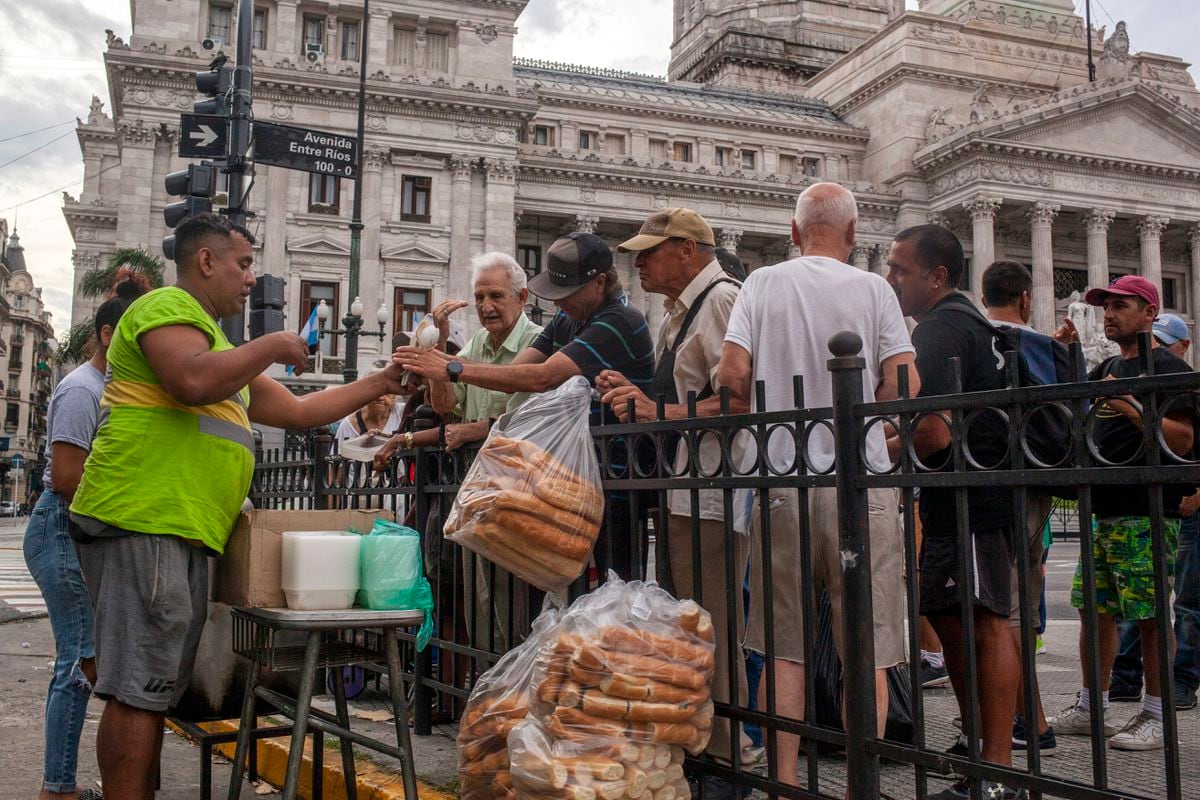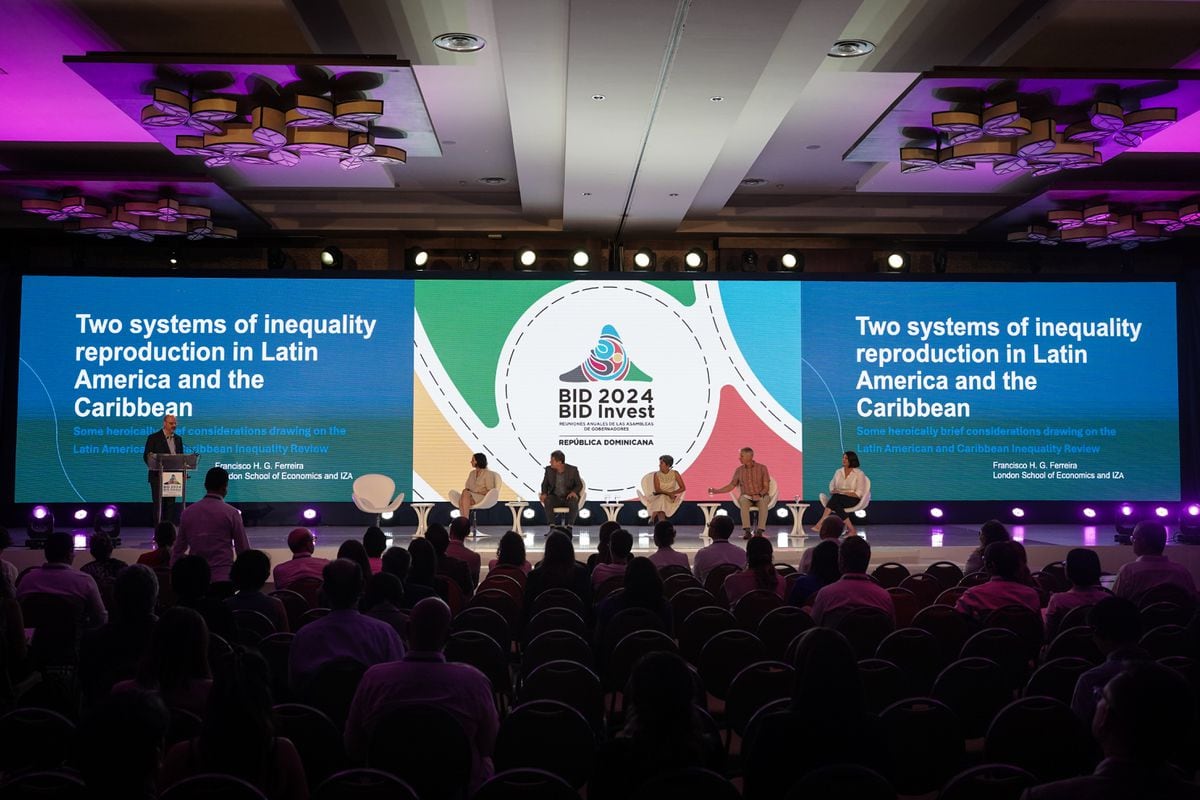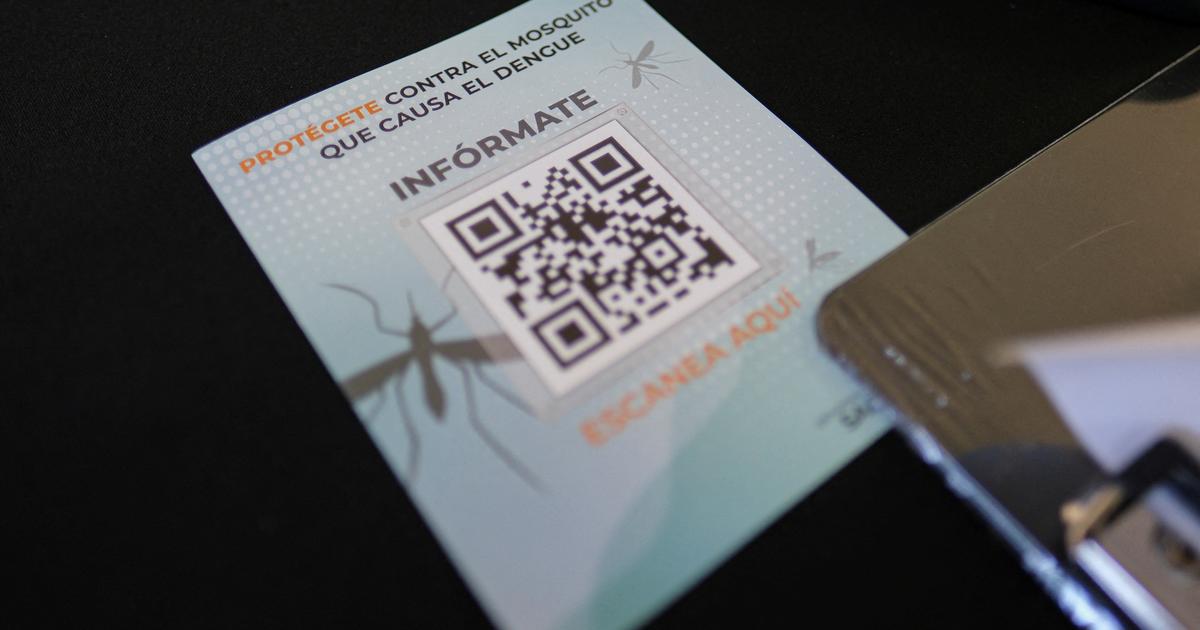The 2030 Agenda for Sustainable Development, an ambitious and transformative action plan adopted by 193 United Nations member states in 2015, evidenced an important global agreement to address the most pressing challenges already affecting humanity. Among these challenges: hunger and poverty.
The setbacks and stagnation in the fulfillment of these global goals is a reality that has hit all regions of the world. Latin America and the Caribbean is no exception.
The region is experiencing unprecedented food insecurity. By 2021, data show that hunger affected 56.5 million people and by the end of 2022, poverty affected 201 million people, or 32.1% of the total population. The region not only faces high levels of inequality, but also has the highest cost of a healthy diet, where 131 million people cannot access nutritious food.
All this in the midst of a generalized crisis, in which the social, economic and environmental diagnosis are not favorable; and in which the response of multi-sector cooperation will be fundamental to rethink work strategies and evaluate progress in meeting the Sustainable Development Goals.
At the halfway point of the 2030 Agenda, we face a new challenge, which requires us to rethink more innovative terms of work with a solid foundation in sustainability, recognizing that our actions must take into account not only the needs of the present, but also of future generations.
It is essential to stress that the implementation of the 2030 Agenda is not the sole responsibility of governments. It requires collective and collaborative action, involving all sectors of society such as international organizations, civil society, the private sector, academics and citizens.
In this context, the role of communication becomes substantial to ensure greater awareness of the right to food and promote sustainable solutions for the transformation of agri-food systems and the fulfillment of the Sustainable Development Goals (SDGs).
People and the planet are being directly affected when our agri-food systems fail, posing a threat to livelihoods, health, education, the economy and the environment, as well as food security and nutrition.
What we are experiencing is not only a crisis of access to food, but a crisis of the food system in which solid alliances must be achieved to achieve profound transformations.
FAO has prioritized within its technical cooperation agenda to promote an informed and constructive debate on public policies and programs related to food in order to contribute to the mobilization of resources, investments and the implementation of intersectoral actions, both public and private.
The ability to disseminate experiences and mobilize communities is key to ensuring that knowledge is shared and applied in an effective and interconnected way, through partnerships that allow us to redouble efforts. Therefore, communication, training and education are key aspects in this process.
Latin America and the Caribbean is a region with systemic inequalities, but also with great opportunities for development. The region is responsible for 13% of global production of agricultural and fishery products and has an annual agri-food surplus of more than $174 billion, equivalent to $265 per capita, more than any other region in the world.
Faced with this scenario, effectively disseminating data that address the structural causes of hunger is a strength that we must take to achieve sustainable development; promoting sustainable solutions where the right to food is a reality for all.
From communication, good agricultural practices, nutrition programs and development projects can and should be disseminated, which are many; and based on education and awareness, we will be able to generate concrete response measures. It is not only about what governments do, it is also essential for citizens to act.
Never has the issue of food insecurity and hunger been placed so strongly on political agendas and in public opinion. From FAO, we have received demands from governments and different regional integration structures that have reached agreements and deliberations for the eradication of hunger and malnutrition.
Such is the case of CELAC, as a meeting point for the 33 countries of Latin America and the Caribbean, and other subregional bodies such as Mercosur, CARICOM, Andean Community, ALADI, SELA and SICA, among other organizations, which have raised their discussions to improve food security and agri-food trade in the region.
After several cascading crises that have put at risk the harmonious progress of the three dimensions of sustainable development (social, economic and environmental), we must have the capacity to unite wills and work strategies to achieve the 2030 Agenda, through a transparent dialogue that articulates efforts. No one alone will solve the problems we face today.
We must prepare ourselves to inform and communicate better. As citizens, we sometimes feel exhaustion of negative information, so we must also report the good that is happening in our countries. We must listen to new voices and tell inspiring stories that contribute to building back more sustainable, prosperous and peaceful societies.
We still have time to reverse the current figures of hunger and poverty, through the correct mobilization of alliances, policies and investments. We must raise awareness among decision makers and other relevant actors that contribute to generating more inclusive support programs and an enabling environment to improve the current situation.
Guaranteeing the human right to food is one of the most important pillars to achieve a more just and equitable world, where all people have the opportunity to live in dignity, with physical and economic access to adequate and nutritious food, and without discrimination.
Mario Lubetkin is FAO Assistant Director-General and Regional Representative for Latin America and the Caribbean
Subscribe to continue reading
Read without limits
Read more
I'm already a subscriber


/cloudfront-eu-central-1.images.arcpublishing.com/prisa/2C5HI6YHNFHDLJSBNWHOIAS2AE.jpeg)




/cloudfront-eu-central-1.images.arcpublishing.com/prisa/EMYXC3EVHNEG3OJHGIQCB2IVYA.jpg)

